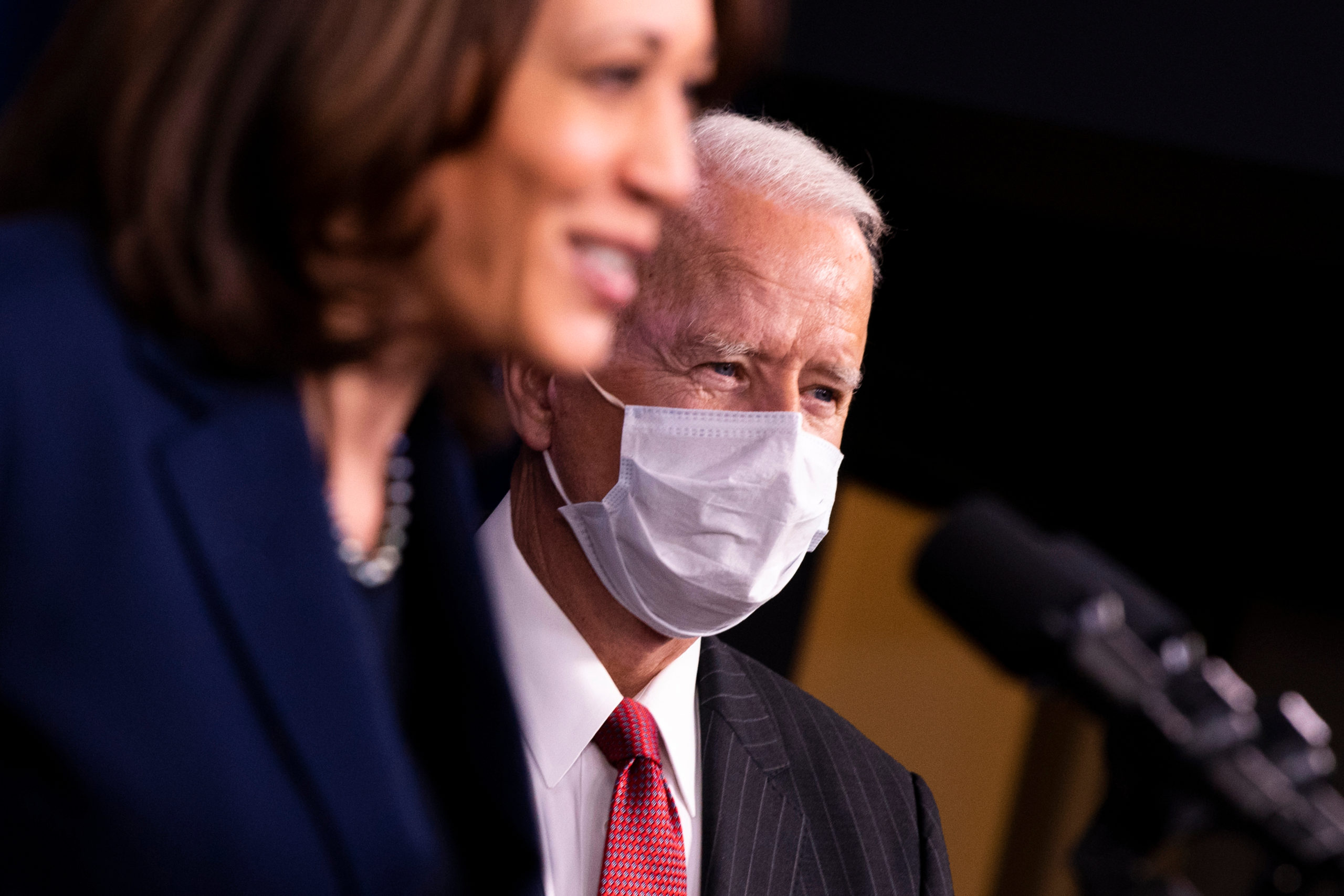This digital symposium explores recommendations for the Biden/Harris administration’s health policy agenda. We asked leading health law scholars to describe one health policy action the administration should pursue, beyond the pandemic response. Their recommendations make up this symposium. The responses range from concrete policy changes to broad reform ideas and can be grouped into three categories, those that (1) Reverse and Restore; (2) Reinforce; (3) Reform.
Reverse and Restore
In its first 100 days, the Biden/Harris administration already has been busy on the health policy front. Many of President Biden’s initial moves were steps to reverse Trump administration policies that had eroded the Affordable Care Act (ACA), Medicaid, and Title X family planning programs. Several symposium contributors write about ways to restore and strengthen these health care programs, noting which steps can be taken unilaterally by the Biden administration, and which will require congressional action.
- John Cogan, Jr. explains several ways Congress could legislatively nullify the Supreme Court challenge to the ACA in California v. Texas and discusses some of the challenges posed by the current rules for the Senate filibuster.
- Sidney Watson describes how the Biden administration has and should continue to withdraw harmful Medicaid Section 1115 waivers that undermine Medicaid’s purposes.
- Elizabeth Sepper writes that beyond reversing Trump-era rules on Title X family planning services, Congress should expand funding for Title X to promote reproductive justice and President Biden must move quickly to fill judicial vacancies to protect Title X from judicial attack.
- Valarie Blake calls on all three branches to fulfill the promise of ACA Section 1557 to realize a sex-based civil rights movement in health care, particularly for LGBTQ people following the decision in Bostock v. Clayton County.
Reinforce
Others describe how the Biden administration could reinforce the health care system by plugging holes using existing authority — steps the executive branch could pursue without Congress.
- Zack Buck describes the expansion of health insurance subsidies by the American Rescue Plan and proposes a recalibration of the ACA’s cost-sharing reduction payments to further improve health insurance affordability.
- John Jacobi recommends using Medicaid Section 1115 waivers to transform and improve behavioral health.
- Daniel Schwarcz and Amy B. Monahan propose that the administration allow independent reviewers for health insurance coverage determinations to disregard “rules of medical necessity” adopted by health insurers to avoid the ACA’s consumer protections.
Reform
Beyond restoring and reinforcing our current health care system, many contributors propose reforms, ranging from concrete to conceptual, that the Biden administration should consider.
Making Markets Work.
Some commenters focus on reforms to enhance the functioning of health care markets and harness competition to address problems of costs, access, and quality.
- Wendy Netter Epstein explores the Trump administration’s price transparency rules directed at hospitals and insurers, and offers some cautious optimism about their promise. This is one of the few policies of the prior administration that a symposium contributor recommends the Biden administration retain with ongoing oversight.
- Jaime King advocates for the Biden administration to increase antitrust enforcement efforts targeting health care consolidation and anticompetitive practices, and to support legislation expanding antitrust agencies’ authority and funding.
- Jill Horwitz and Austin Nichols propose a novel policy to increase the supply of physicians and competition among them by relaxing immigration and licensing hurdles for foreign-trained doctors.
Health Reform and Congress.
Broader health reforms — whether a public option or an expansion of Medicare — inevitably require action by Congress, which raises political challenges with a closely divided Senate and current rules for the Senate filibuster.
- Nicole Huberfeld discusses the possible avenues and limits of broader health reforms through budget reconciliation, using the American Rescue Plan, drug pricing proposals, and a public option as examples.
- Allison Hoffman proposes an employer public option, in contrast to an individual public option, as a reform idea with transformative potential owing to the outsized role of employer-based health coverage in the U.S.
- Elizabeth McCuskey charts a federalist path to transformative health policy by reforming ERISA preemption, calling for Congress to create an ERISA waiver that, like its models in the ACA and Medicaid, would allow states to pursue systemic health reforms without the barriers of ERISA preemption.
- Erin Fuse Brown and Chelsea Campbell describe a key action the Biden administration can take to promote broad health reforms without Congress — using the ACA Section 1332 waiver authority expansively to permit states to pursue broad reforms, such as a state public option plan.
Conceptual Reforms.
Finally, some contributors ask the Biden administration to think differently and more broadly about how to further solidarity and facilitate a moral transformation of the U.S. health care system.
- Christina S. Ho reframes the government’s role in health care by provocatively calling for the government to “bail out humans” and serve as a reinsurer for individuals’ health care losses, the way it backstops farmers, flooded homes, and business, mortgage, and housing financial risks.
- William Sage calls on physicians to take their ethical role in the health care system seriously, including the ethical duties to promote health equity and oppose inefficiency and waste. Doing so would require physicians to shed their historical opposition to systemic health reforms to achieve a more just, universal, and cost-effective health care system.
The policy proposals in this symposium are diverse, range from granular to lofty, and shed light on the many ways policymakers can improve on our broken and dysfunctional health care system. Despite this, the symposium crackles with a palpable sense of optimism and energy for health law and policy under the Biden/Harris administration.
